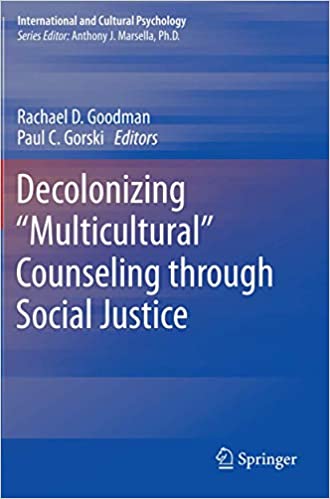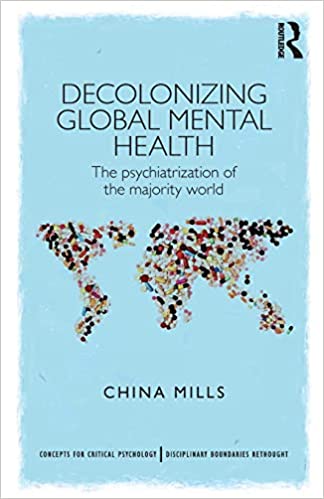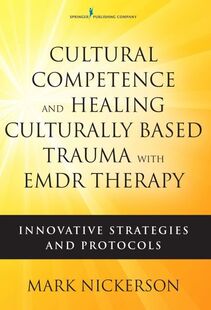|
By Karen Carnabucci, LCSW, TEP
Welcome to a phrase that I've just coined -- body-informed care. The words "trauma-Informed" have become a well-used phrase when discussing the care and treatment of survivors of trauma in the the fields of health and wellness. However, I've come to believe that if we are to be trauma-informed, we must become body-informed as well. Attention to the physical body is crucial in trauma treatment. Although we would like to think otherwise, trauma is not solely a psychological experience that affects the thinking brain. The fact is that traumatic experiences can leave a lasting impact on the body, leading to physical sensations, tension, and dysregulation, and sometimes illness and worse. By focusing on the body, trauma treatment can address the somatic aspects of trauma and promote truly holistic healing. The practitioner is charged with rewriting the nervous system into a new pattern of safety. This challenge means that practitioners must not only be trauma-informed but also body-informed. As we learn more about the neuroscience of co-regulation -- the idea that one person's nervous system impacts another's nervous system, the practitioner must be the "more regulated" one in the session and learn and practice how to stay in his, her or their own body so they can be present when they are working with a traumatized person. Here are some reasons why attention to the body is important in trauma treatment:
0 Comments
By Karen Carnabucci, LCSW, TEP
Beyond multiculturalism education and cultural competency, we discover a new phrase – that of decolonizing therapy. This important movement demands that we explore how we can begin to include the trauma of oppression within our healing and helping sessions and dismantle the often-unconscious structures of racism that permeate the field of mental health as we know it. This “decolonizing” trend is related to the larger decolonizing movement, which is the undoing of colonialism, the latter being the process whereby a nation establishes and maintains its domination on overseas territories, and speaking up for social justice and inclusion. Within the educational context, for instance, this means confronting the colonizing practices that have influenced education in in the past, and which are still present today; in application, this would include diversifying materials and content, teach to learning outcomes that address power and social justice and design assessments that allow diverse students to demonstrate mastery in diverse ways. |
AuthorKaren Carnabucci, LCSW, TEP, is an author, trainer and psychotherapist who promotes, practices and teaches experiential methods including psychodrama, Family and Systemic Constellations, sand tray, mindfulness and Tarot imagery. Archives
December 2023
Categories
All
|





 RSS Feed
RSS Feed